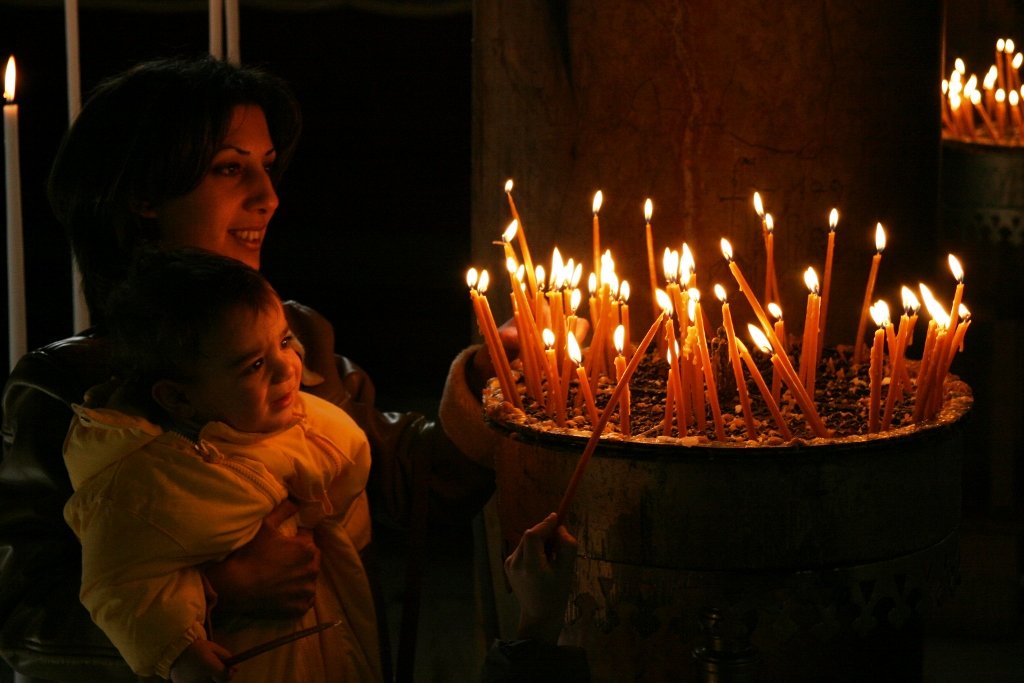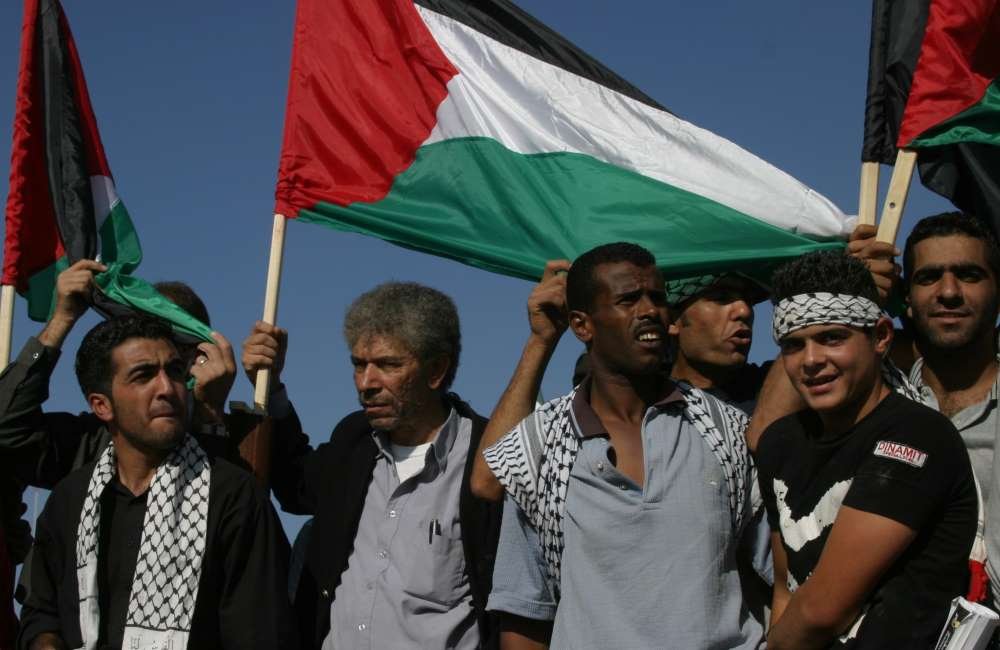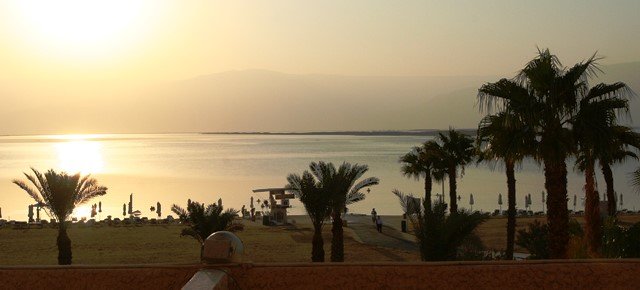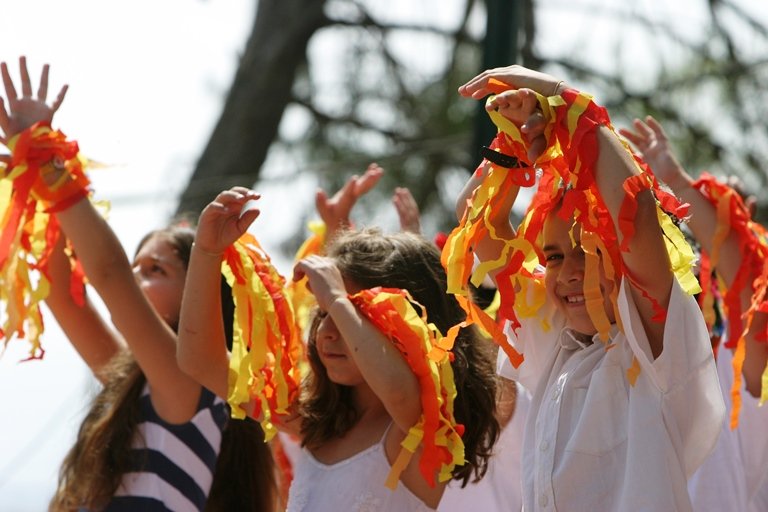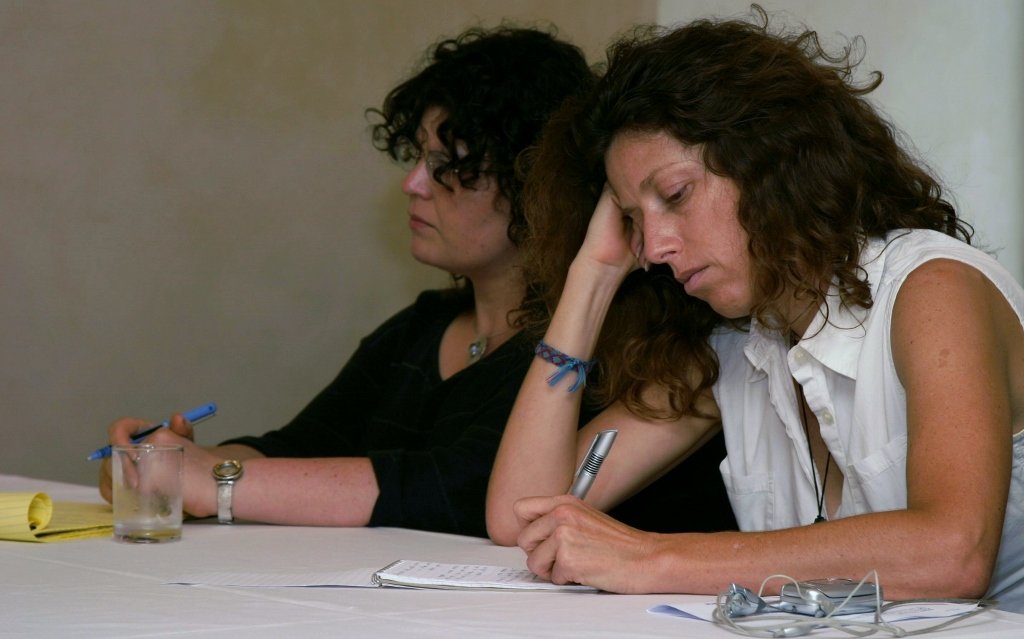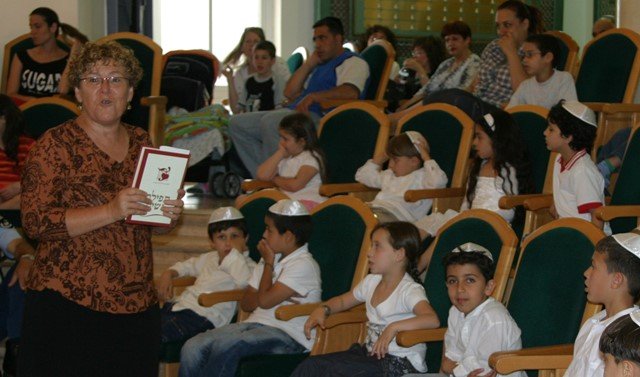Share This Story, Choose Your Platform!
On the Situation of the Christians in the Palestinian Authority (PA)
Sixty percent of the Christians in the Holy Land have emigrated in the past decades. While the Christian population in the area which comprises today’s PA was still 18% in 1948, today it is less than 2%. In Bethlehem, the city of Jesus’ birth, the Christian population fell from 95% to less than 35% of the entire population in the last one hundred years. The fear that in a few years there will be no local Christians in the land of Jesus’ birth continues to grow. Palestinian Christians call upon their fellow believers on other countries not only to look at the dead stones in the cradle of Christianity, but also to care for the “living stones”.
Reasons for the Emigration of Palestinian Christians
The beginnings of the emigration of the Palestinian Christians lie in the 1920s. Poverty, above all, drove the Christians to try their luck in the “New World”. Since the Christian minority of the Arab society of the British Mandate were part of the middle and upper class, the option to emigrate was open to them. Until today, many of the Christians are members of the cultural and intellectual elite. The are better off financially, have better connections to the West and are better educated than their Muslim compatriots.
The war of independence of the State of Israel made 50,772 Christian Palestinians to refugees. In contrast to the Muslims, many of them had relatives in America and so did not have to be crammed into refugee camps. A considerable number of Muslim refugees streamed from the areas of the new State of Israel to cities like Ramallah and Beit Jalla, which were originally Christian. This had a decisive influence on the social structure of these areas. Moreover, the comparatively low Christian birth rate is becoming noticeable.
In 1967 the West Bank was occupied by Israel. In the past 20 years there has been an increased emigration of Christians from the Palestinian areas. Christian representatives from the whole spectrum of Palestinian society agree that the unstable political and economic situation is responsible for this. “The main reason is the conflict with Israel, [the fact] that we have had no peace for 60 years” explains the director of the evangelical “Bethlehem Bible College”, Bishara Awad.
Walid Phares, an exiled Lebanese living in the USA, does not agree. Based on his experience in Lebanon the Maronite Christian states: “The Christians leave their homeland because of Islamic fundamentalism. Palestinians also mourn “the weakness of their church against the growing Islamic activism.” The reasons for the dissolution of Christian society in Palestine have nothing to do with the Israelis. But Awad states that “there have never been massacres of Christians by Muslims in our area. There is no emigration because of Muslims.”
But there is one problem, namely that more and more Muslims are moving into Christian areas. When buying land and buildings the heretofore less well off Muslim citizens suddenly have great buying power. The stubborn rumor that Muslims living abroad are giving effective support here can be heard in every conversation on this topic. New mosques are also asserting themselves visually and vocally in traditionally Christian cities and towns. It is an open secret that these buildings were financed by money from the Gulf states. A couple of years ago, representatives of traditional churches objected to the revival of a law from Jordanian times, which was intended to restrict “Israel’s aggressive settlement politics”. It forbids the sale of land to non-Muslims under penalty of death.
Persecution of Christians in the Palestinian Authority (PA)?
In 1997 the Christian Zionist organization International Christian Embassy in Jerusalem (ICEJ) and the office of the Israeli Prime Minister Netanyahu accused the PA of intimidating, arresting and torturing Christian converts from Islam. When this was taken up by the American press the PA made a statement that emphasized that the religious freedom of Muslims, Christians and Jews was protected. A report by the US Department of State from September 9, 1999 states that there is no law in the PA to protect the religious freedom of its citizens. But, “In practice, the PA respects freedom of religion.”
Bishop Munib A. Younan of the evangelical Lutheran church of Jordan has his office in Jerusalem and is responsible for the evangelical Lutheran Christians in the PA. He states: “If persecution means that I am not allowed to live as a Christian, that my sermons are examined, then there is no persecution of Christians in Israel or in the PA. Many Christians agree with this. The Baptist pastor Bassam Bannoura from Beit Sahour said that he started “Shepherd’s Field Baptist Church” in 1999 without registering it with the PA. He had as little problem with this as with the evangelistic activities that his congregation conducts every year on January 6, the orthodox Christmas. The congregation’s address is written on the back of evangelistic tracts.
The Palestinian civil rights advocate and director of the “Palestinian Human Rights Monitoring Group”, Bassam Eid, documents the human rights violations in the PA. He has become known to be a sharp critic of the Palestinian leadership. In February 1998 a painstaking study of the claim that Christians are being persecuted in the PA appeared. Eid investigates the individual cases brought by the ICEJ. He has come to the conclusion that there are individual human rights violations in the PA, which are in no way acceptable, but on the other hand, there is no deliberate persecution of Christians. The report of the American Department of State points out that their religious activities were not the only reason for arresting the new converts to Christianity.
Labib Madanat, general secretary of the Bible society of the West Bank, Gaza and Jerusalem claims to be able to confirm, based on his far-reaching contacts, that there is almost no persecution in “the communist or Chinese sense”, and then continues: “We Christians are hypocrites if we only complain about human rights violations when Christians are involved. Why do not get up as a congregation and complain about injustice, even when a member of Hamas is tortured to death because he is considered to be a security risk?”
Then why are “Persecution of Christians in the PA” reported again and again? A former officer of the Palestinian elite troop Force 17, himself a Muslim from Bethlehem, can only explain this in that the “persecuted” are looking for money and sympathy abroad. During his time of service he had to protect from persecution both Muslims who converted to Christianity as well as Christians who married Muslims. Then he points to the close ties between Muslims and Christians in the Palestinian leadership: PA chief Yasser Arafat is married to a Christian woman and his first assistant Ramzi Khoury has a Muslim wife. Palestinian Christians emphasize again and again that “Arafat loves them” because peace is important to them, because he wants the minorities to be treated fairly, and because he needs the good will of the West.
In spite of everything, the Christians are a minority in the PA. The report by the US Department of State maintains: “Even though there is no official religion in the PA Islam is treated de facto as the official religion.” “We have to live together with the Muslims,” reminds Bishop Younan. The declaration of the PA of December 1997 contains not only statements of tolerance and protection of minority rights, but also that “the Palestinian people are ruled by the Sharia”, that is, Islamic law, and that “according to the Sharia every Muslim who changes his religion commits a crime that must be punished by death.” Even though the PA considers itself to be bound by the Sharia this has “never been carried out in practice in the PA… The norms and traditions will take care of such situations, should they happen.”
Crisis of Identity as “Inner Persecution”
Labib Madanat, who calls himself Palestinian, Jordanian and Israeli, does not see any PA campaign against converted Muslims or evangelistic activities, but he does see a kind of “inner persecution”. “The spiritual suffering, which wants to destroy one’s inner spiritual life or make an inner spiritual life impossible, is enormous” states the leader of the Palestinian branch of the Bible society. “It takes away any hope from the traditional Christians of having an authentic spiritual life.” He sees in this the great challenge of his work and of the Arab Christians at all.
The Lutheran bishop Munib Younan claims to be able to recognize that “our Christian identity is in a crisis.” “We have become strangers,” claims the church leader whose family originally came from modern-day Beer Sheva. He wants to overcome the inferiority complex, be salt in society in which he lives and, above all, to build up a future worthy of living through education, “a land flowing with milk and honey for both peoples who live here.”
Madanat also calls the “inferiority syndrome” the basic problem of the Palestinian Christians. But he sees the over-emphasis on their Palestinian identity as a mistake. “For a Muslim it is much simpler to identify with and to justify the national struggle for independence”, claims the distinguished Christian and explains further: “The Christians have not found any Biblical justification for their nationalistic efforts. The representatives of a Palestinian liberation theology, like Mitri Raheb or Naim Ateek, speak at best for an intellectual elite. The church has failed to communicate to its members that its identity actually lies in Christ. The evangelicals have withdrawn to their closet. Traditional Christians have failed in another way. In part they have apologized for the Old Testament. We have not had the courage to educate our people. We must learn not to adapt Jesus to our search for a national identity, but to search for our identity in Jesus.”


